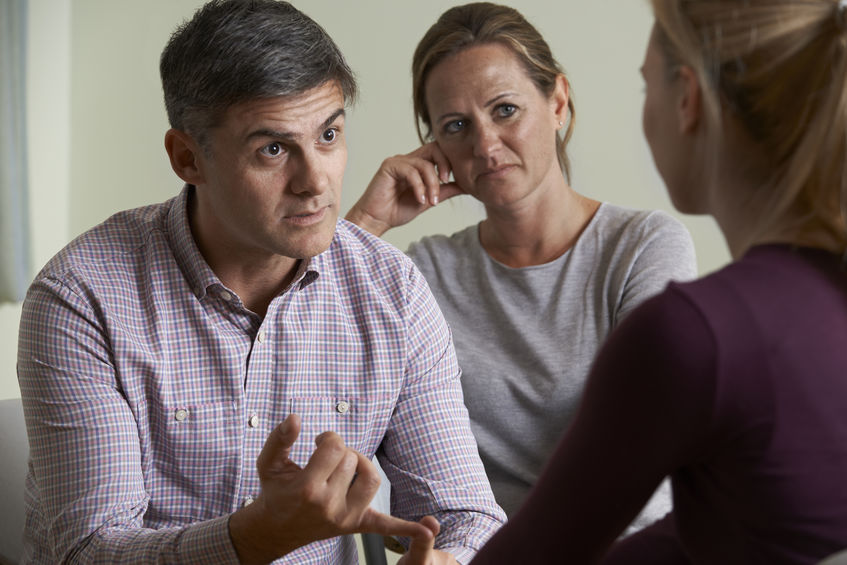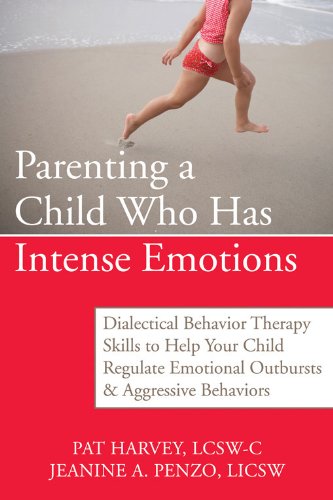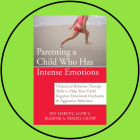Tag Archives:child
More Resources for Parents of People with Addiction share
 This month there is a very interesting article in Money Magazine, These Parents are Cutting Off Their Opioid Addicted Children: And it’s the Toughest Decision of their Lives by Kristen Bahler. It speaks to the very difficult choice many parents in this position face, financially. As with everything else, there is no singular path that people should follow in every situation. However , a lot of parents eventually come to a point where, partial, or even complete, withdrawal of financial support ultimately is the “right” answer.
This month there is a very interesting article in Money Magazine, These Parents are Cutting Off Their Opioid Addicted Children: And it’s the Toughest Decision of their Lives by Kristen Bahler. It speaks to the very difficult choice many parents in this position face, financially. As with everything else, there is no singular path that people should follow in every situation. However , a lot of parents eventually come to a point where, partial, or even complete, withdrawal of financial support ultimately is the “right” answer.
My training in substance abuse is limited, so I don’t recommend that you consider taking these steps without consulting with a substance abuse professional. Nevertheless, because of the pervasiveness of addiction in our culture, I still find myself working with people around these issues. It’s a tricky issue for parents and I can completely relate to the temptation to try to do what initially feels like being the most supportive parent you can be and then ultimately realizing that you are enabling your child’s unhealthy choices and behavior. I think it’s a normal process that most go through until they find a balance of what’s right for them.
One thing I will say, overall…I definitely recommend that setting financial boundaries, as well as personal ones, work best when framed in a firm yet loving/accepting way. This is a hard skill to learn. Therapists and support groups can provide guidance about how to do this. I also really like the CRAFT program, which I have written about, previously. The main reason I make this recommendation actually isn’t for the parents’ benefit, it’s for the addicted family member. It’s easier for people to step onto the challenging path towards recovery when they know that your love is, and will always be, there for them. Shame and humiliation only serves to make people feel worse about themselves and gives them more reason to avoid their feelings with intoxication. You have to walk the line of loving acceptance and logical boundaries. Remember, love doesn’t mean doing everything they expect of you.
There is one critical detail that I think a lot of parents, and even some professionals, overlook when parents are stuck in rescue mode. It’s important to understand that there is a subtle message that is communicated when we repeatedly bail out our kids, “I don’t think you are capable of solving this problem or even figuring out how to attempt to solve this problem,” and, “It’s my job to protect you from all of life’s stresses and discomforts.” The biggest problem with this underlying message is that everyone’s life involves being able to tolerate discomfort and solve problems. These are core life-skills that we all need to learn, one way or another, and the only way to do this is through uncomfortable experience, making mistakes, and becoming more skilled over time. This taps into my favorite thing to teach people about, having a Growth Mindset. I encourage you to check it out.
Getting back to the Money article, there are several resources listed that can be helpful to parents. I will link them here for your convenience.
- Parents of Addicted Loved Ones (PAL) – a faith-based network of parent-volunteer run support groups, including two weekly telephone groups if there isn’t an in-person group close to you. They have a specific, education driven series of presentations, and these resources are available on their website.
- Learn to Cope – online forum for family members of addicted loved ones.
- Substance Abuse and Mental Health Services Administration (SAMHSA) – a government website that, among tons of information and resources, includes several different 24/7 information and treatment referral hotlines.
- Al-Anon & Nar-Anon – volunteer, peer-run groups focusing on educating and supporting loved ones affected by addiction. Based on the 12-step model used by Alcoholics Anonymous/Narcotics Anonymous.
- Grief Recovery After Substance Passing – a community of support groups who have lost loved ones to addiction and overdoses.
Parenting a Child Who Has Intense Emotions: Dialectical Behavior Therapy Skills to Help Your Child Regulate Emotional Outbursts and Aggressive Behaviors by Pat Harvey, ACSW, LCSW-C share
 A truly insightful book that helps parents to step out of the power struggles that we adults can so easily find ourselves in with children and teens who experience emotions in a big way. Kids who seem to blow-up over nothing, struggle with transitions, seem to be constantly challenging adult authority, or be intent on badgering you into submission for whatever they want are actually really struggling. They don’t like feeling out of control like this but don’t yet have the skills they need to calm themselves down, to soothe themselves, and to handle things in a calmer manner.
A truly insightful book that helps parents to step out of the power struggles that we adults can so easily find ourselves in with children and teens who experience emotions in a big way. Kids who seem to blow-up over nothing, struggle with transitions, seem to be constantly challenging adult authority, or be intent on badgering you into submission for whatever they want are actually really struggling. They don’t like feeling out of control like this but don’t yet have the skills they need to calm themselves down, to soothe themselves, and to handle things in a calmer manner.
Often our first impulse as parent is to come down harder on these kids, grappling with the feeling that we have lost control of a situation that we “should” be in control of and trying to re-establish a sense authority. We put a great deal of pressure on ourselves to fix the problem and this stress makes us even more likely to lose our temper. We find ourselves reacting in ways that we never would have imagined back in the days when having a child was a dream and not yet reality. We wonder, “How have I come to be a person who yells, physically intimidates, or even possibly gets into physical altercations with my kid?” We think, “I have punished them with every consequence I can think of and nothing works!” We worry, “How is all of this conflict affecting our other children?” and “What will become of my child if we don’t get this turned around?”
The reality is that these kids respond VERY poorly to attempts to dominate them and punish them into compliance and it only serves to escalate the arguments and tension in the household while, at the same time, make them feel worse about themselves. Secondary problems can crop up like depression and suicidal thoughts.
What else is there to do? Based firmly in scientific research, this book helps parents understand the emotional struggles that kids like this are grappling with and how miserable they really feel when their emotions are out of control. It helps you find ways to show your child or teen that you love them, understand that they are struggling, and gradually teach them coping strategies that can help them to regulate their emotions. Additionally, it helps parents to set limits and expectations that are realistic and even therapeutic. If you have been reading this review and have been brought to tears by how much this describes your life with your child, I truly can’t recommend this book enough.
I would also like to add a message of hope. Kids and adults who tend to experience their emotions very intensely also have many strengths and can “use their powers for good.” These are folks who are passionate and tenacious. They are artistic. They feel the pain of other’s deeply and care about making positive changes in the world. When they learn to harness their feelings constructively and focus their energies on projects that interest them, the things that they are capable of is incredible! Looking through the “lens” of the medical model, labels/diagnoses that are often connected to these types of kids are: ADHD, ODD, Asperger’s, Bi-Polar Disorder, and Borderline Personality Disorder. I caution you to only lean on labels like this for what they can do for you. Often labels like this cause harm because some people take it to mean that something is “wrong” with them; that they are “broken.” I don’t think this is a helpful or healthy perspective. You can read more of my thoughts on this here.
So, if you are struggling with a child who has intense emotions, get this book. Also, I urge you to strongly consider finding a therapist (or two) who has experience working with children/teens AND who has experience using the theoretical framework this book is based on, DBT (Dialectical Behavior Therapy). This is a tough road to go alone for both the child and the parent. If you are at your wit’s end, it can also help a great deal for you (together with other parental figures in the home) to have your own therapist to guide you though the process, helping to shift your approach with your child to one that teaches emotion regulation instead of constantly doing battle with them. Ideally, signing release forms so the two therapists can coordinate the work they do with your family will help the process to be as effective and efficient as possible.
PS – You may also want to check out this video, Teen extremes: Regulating Moods in the Age of Anxiety, as it based on the DBT concepts described in the book and presented by Dr. Marsha Linehan, the actual psychologist who developed DBT.


